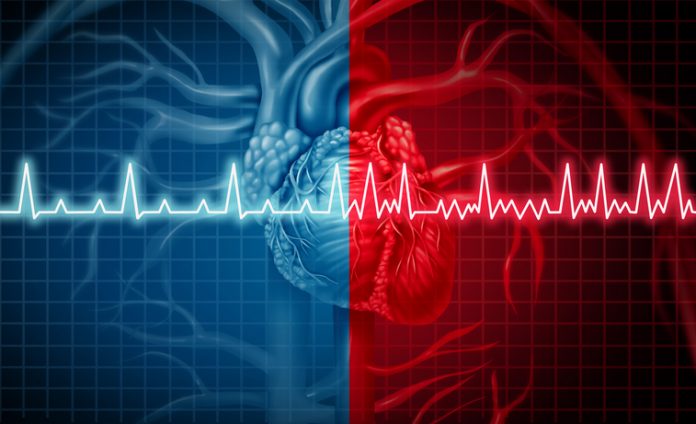
A new artificial intelligence (AI) algorithm developed by researchers at the Smidt Heart Institute at Cedars-Sinai has shown that it can identify patients with atrial fibrillation who are not yet showing symptoms of the cardiac condition, the most common heart rhythm disorder. The tool has potential diagnostic implications that could help doctors provide better stroke and cardiovascular preventative care.
“This research allows for better identification of a hidden heart condition and informs the best way to develop algorithms that are equitable and generalizable to all patients,” said David Ouyang, MD, a cardiologist in the department of cardiology in the Smidt Heart Institute at Cedars-Sinai, a researcher in the division of artificial intelligence in medicine, and senior author of the study.
Atrial fibrillation is an irregular—and often very rapid—heart rhythm that can disrupt the pumping of blood from the upper chambers of the heart to the lower chambers. This disruption can cause blood to pool and form blood clots that can sometimes travel to the brain triggering a stroke. It has also been implicated in heart failure and other cardiologic conditions and complications.
The algorithm was developed using data from patients at two Veterans Affairs (VA) networks using data from electrocardiogram readings taken between January 1, 1987 and December 31, 2022. Previous algorithms developed to detect atrial fibrillation have been used in white populations, but the Cedars-Sinai tool was trained to find patterns in the electrocardiograms in a diverse population of patients, making it broadly applicable. The team’s findings are published today in an article entitled “Deep learning of electrocardiograms in sinus rhythm from U.S. Veterans to predict atrial fibrillation” published today in the journal JAMA Cardiology.
In total, the new AI model was trained on nearly one million electrocardiogram readings taken over the course of 25 years and accurately predicted which patients would have atrial fibrillation within 31 days. The model was then also tested against medical records from within Cedar-Sinai and also accurately predicted atrial fibrillation cases within 31 days.
“This study of veterans was geographically and ethnically diverse, indicating that the application of this algorithm could benefit the general population in the U.S.,” said Sumeet Chugh, MD, medical director of the Heart Rhythm Center in the Department of Cardiology at Cedars-Sinai. “This research exemplifies one of the many ways that investigators in the Smidt Heart Institute and the Division of Artificial Intelligence in Medicine are using AI to address preemptive management of complex and challenging cardiac conditions.”
The next step for the Cedars-Sinai investigators is to conduct prospective clinical trials employing the new AI model to see if it can accurately predict people at risk for stroke or heart attack.












